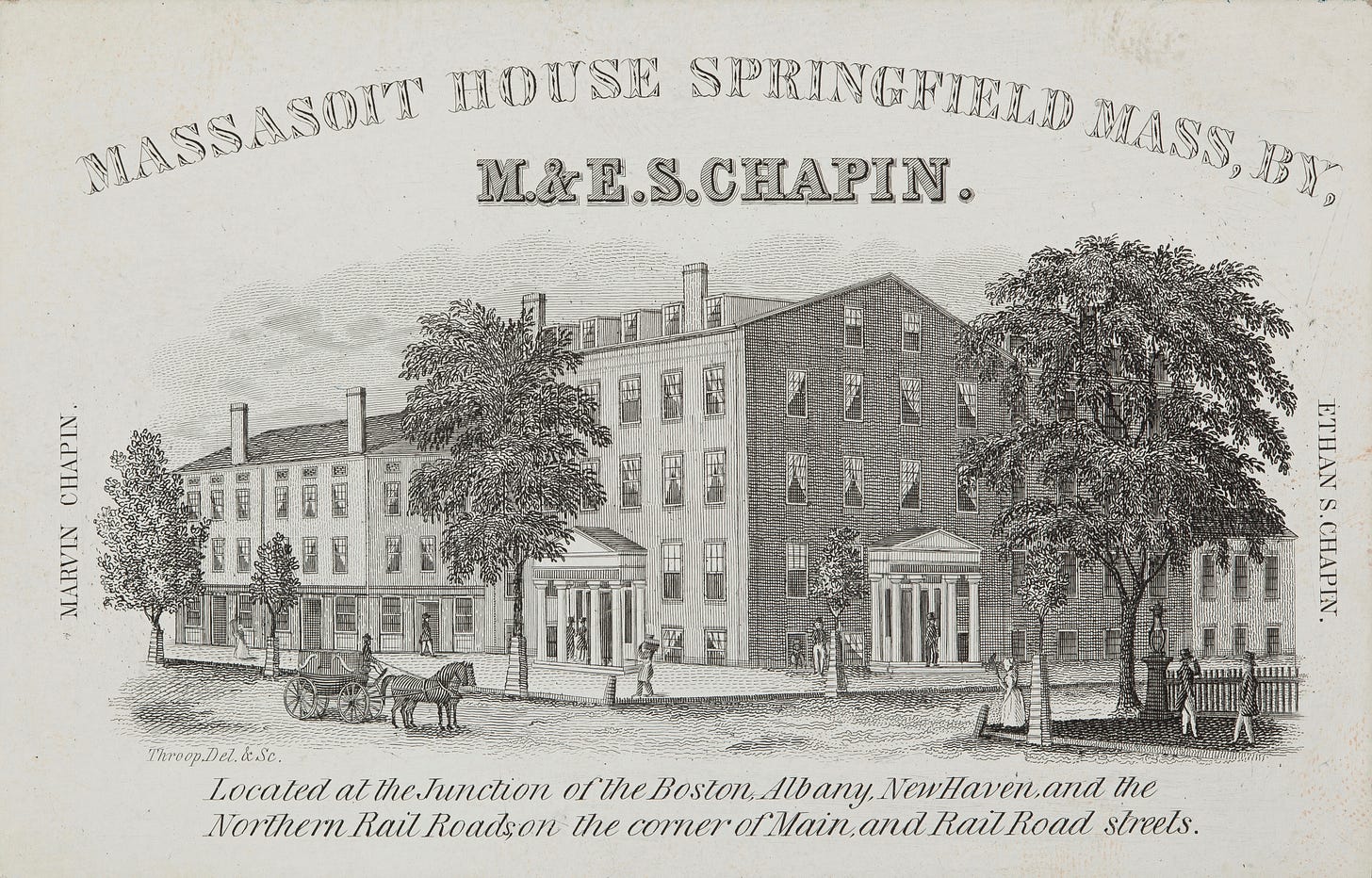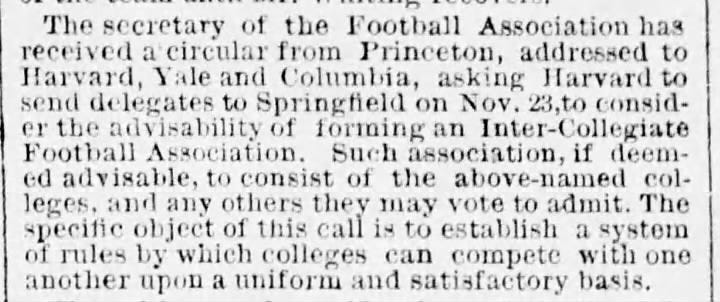Today's Tidbit… IFA Rule #23 Offside
This is #23 in a series covering football's original 61 rules adopted by the Intercollegiate Football Association in 1876. We review one rule each Friday.
We reviewed Rule 22 last week, which established the rule covering onside and its complement, offside. Unfortunately, I jumped the gun and described how offside players were not supposed to participate in the play. That is what Rule 23 tells us, cited here:
Rule 23: Every player when off side is out of the game and shall not touch the ball in any case whatsoever, either in or out of touch or goal, or in any way interrupt or obstruct any player, until he is again on side.
So, rather than repeat last week's story about how players began ignoring the rule by running alongside or in front of the ball carrier to obstruct and block the opponent, I'll remind those that missed last week's Tidbit that you can read that story by clicking #22 below.
Rather than discuss Rule 23 any further, we'll briefly cover the state of football leading into the IFA meeting that enacted these 61 rules.
Before the IFA meeting that adopted the rugby-based rules from which modern football evolved, college teams were student-run clubs that scheduled games with various entities, each of which had its own rules. Each game required the teams to reach an agreement on which rules applied, leading to disagreements and schools refusing to play one another.
A column in a Boston newspaper describing recent events at Harvard described the football situation as follows:
Troubled by the inconsistent rules and scheduling procedures, Princeton invited Harvard, Yale, and Columbia to meet at the Massasoit House in Springfield, Massachusetts, on November 23, 1876, to form an association to remedy the situation.
The meeting attracted little outside attention. The same newspaper article describing the state of football at Harvard described the upcoming meeting as follows:
Each school sent two representatives, and while Yale chose not to join, they received permission to participate in the convention. In addition, to adopting the game rules, the members:
Named Princeton's W. E. Dodge the IFA president, and E. V. Baker of Yale as secretary
Agreed new member teams could be added by unanimous consent of current members
Decided on a round-robin schedule with ties settled by playing another game
Of course, neither the attendees nor anyone else could foresee the long-term impact of the decisions they made in the meeting. Still, by tweaking the Rugby Union rules to their liking, they set the stage for football's ongoing stream of rule changes and adaptations, contributing to its substantial evolution over the years.
For previous stories in the series, click the link for each rule: Intro | #1 Drop Kick | #2 Place Kick | #3 Punt | #4 Goal Posts | #5 Goal | #6 Goal ≠ Punt | #7: Scoring | #8: Dead Ball | #9: Touchdown | #10: Tackle | #11: Scrimmage | #12: Ball Handling | #13 Dead Ball | #14: Scrimmage Ball Handling | #15 Run In | #16: Goal Line | #17: Boundary Lines | #18: Crying “Down” | #19: Maul In | #20 Maul in Pax | #21: Touch-in Goal | #22: Onside
Football Archaeology is reader-supported. Click here to buy one of my books or otherwise support the site.




